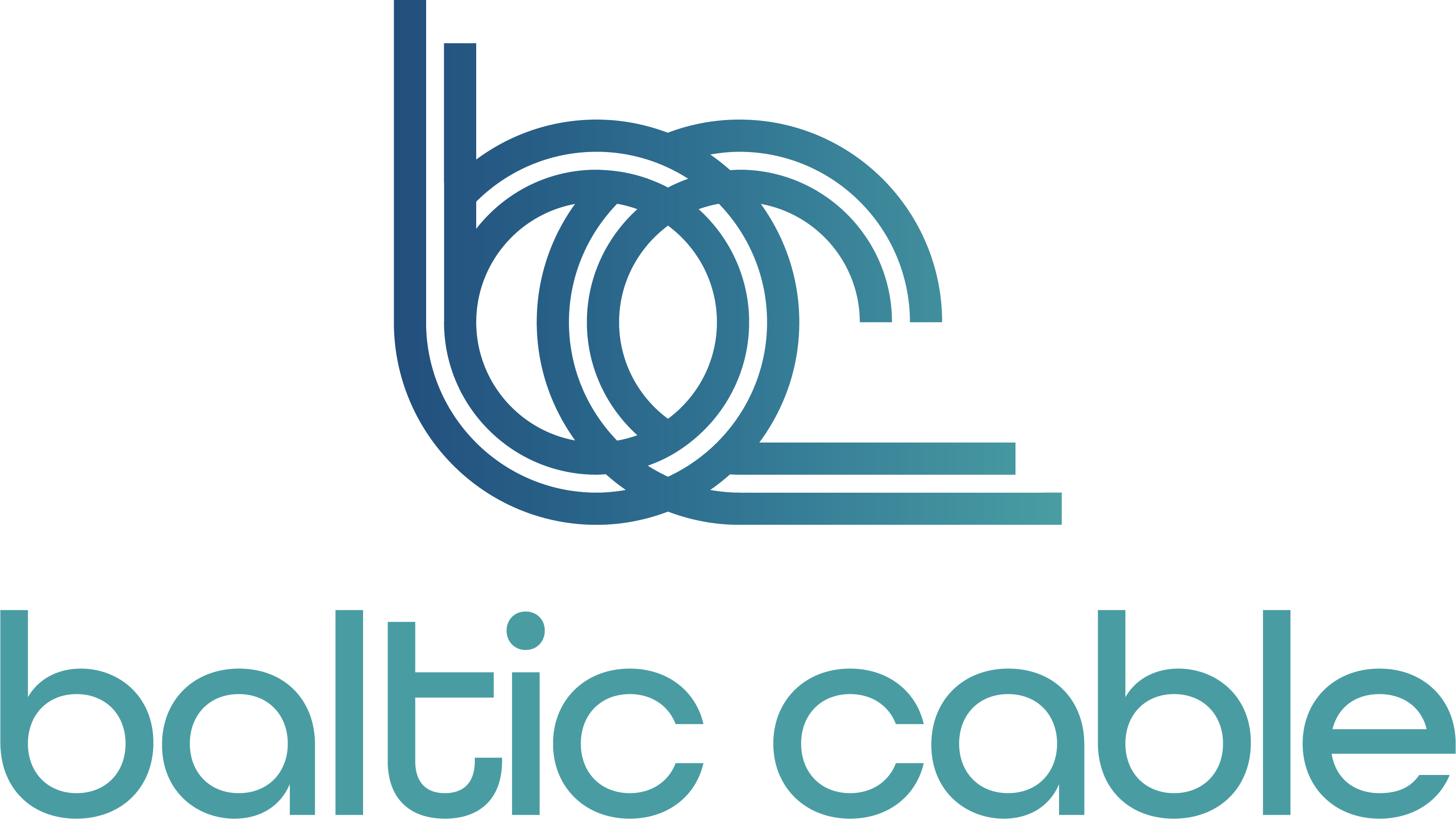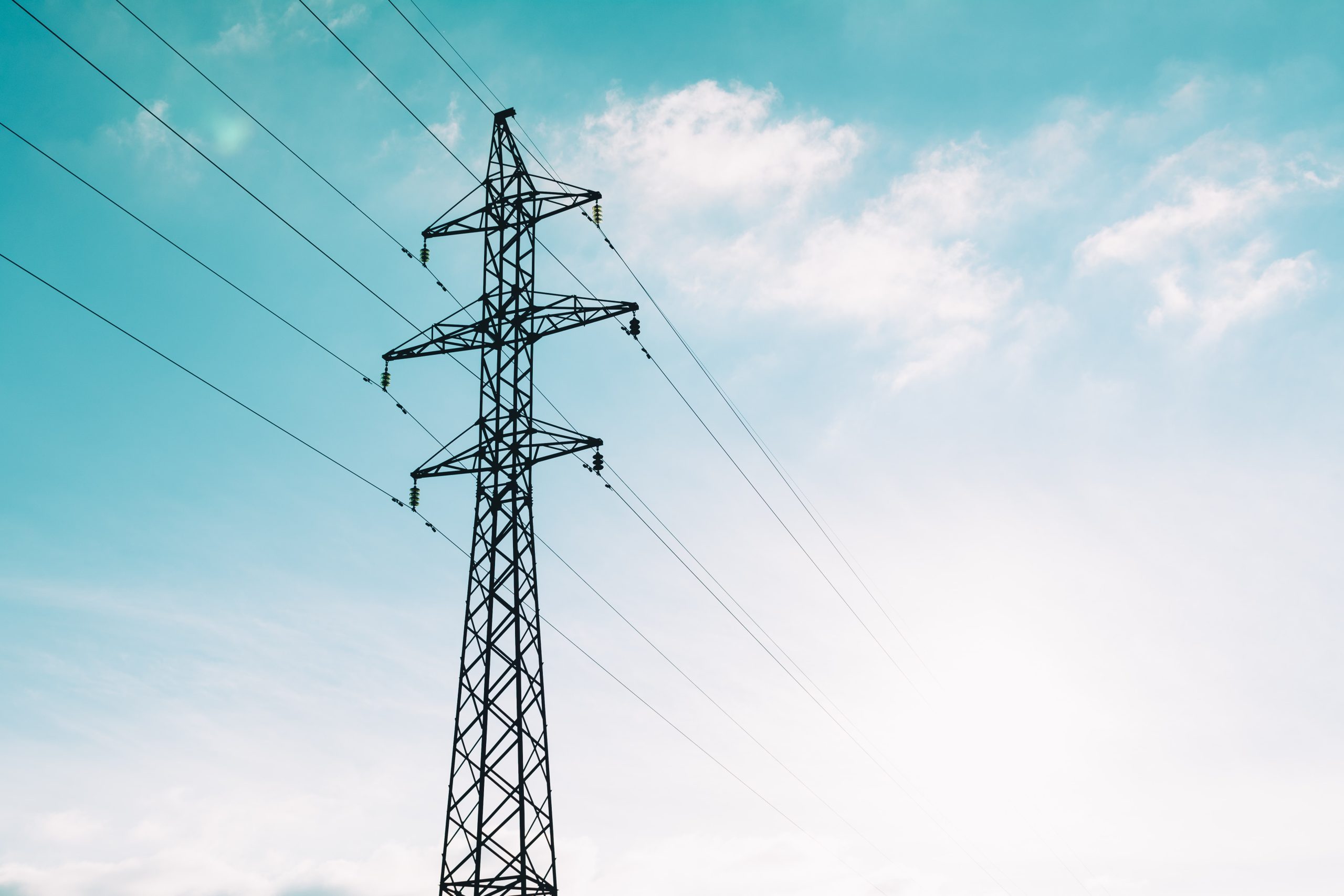According to Art. 16 (8) of the Electricity Regulation (EU) 2019/943 Transmission System Operators are required to ensure that at least 70% of the transmission capacity is offered for cross-zonal trade, while respecting operational security limits.
Being a so-called single interconnector TSO, with only the HVDC cable as an asset, Baltic Cable itself has a technical availability of >95% and thus no structural congestion hindering the fulfilment of the 70% rule.
TSOs operating a meshed grid may however experience problems with internal, structural congestion which effects the capacity made available for interconnectors. In the case of foreseeable problems for ensuring grid security, exemptions from the 70% rule are possible for a limited transitional phase.
Both Sweden and Germany have made use of the possibility to apply an exemption to the 70% rule, however using different measures.
Germany has adopted a National Action Plan (NAP) in accordance with Art. 15(2) of the Electricity Regulation (EU) 2019/943 which means that the cross-zonal trade capacity is increased on an annual basis until the minimum capacity provided for in Art. 16(8) is reached. That minimum capacity shall be reached by 31 December 2025. The NAP established a starting value of 41% for the DE/LU-SE4 border for 2020, which shall be increased annually in a linear manner.
In Sweden, the TSO Svenska kraftnät has applied for, and been granted, a derogation from the 70% rule until the end of 2021 in accordance with Art. 16(9) of the Electricity Regulation (EU) 2019/943

